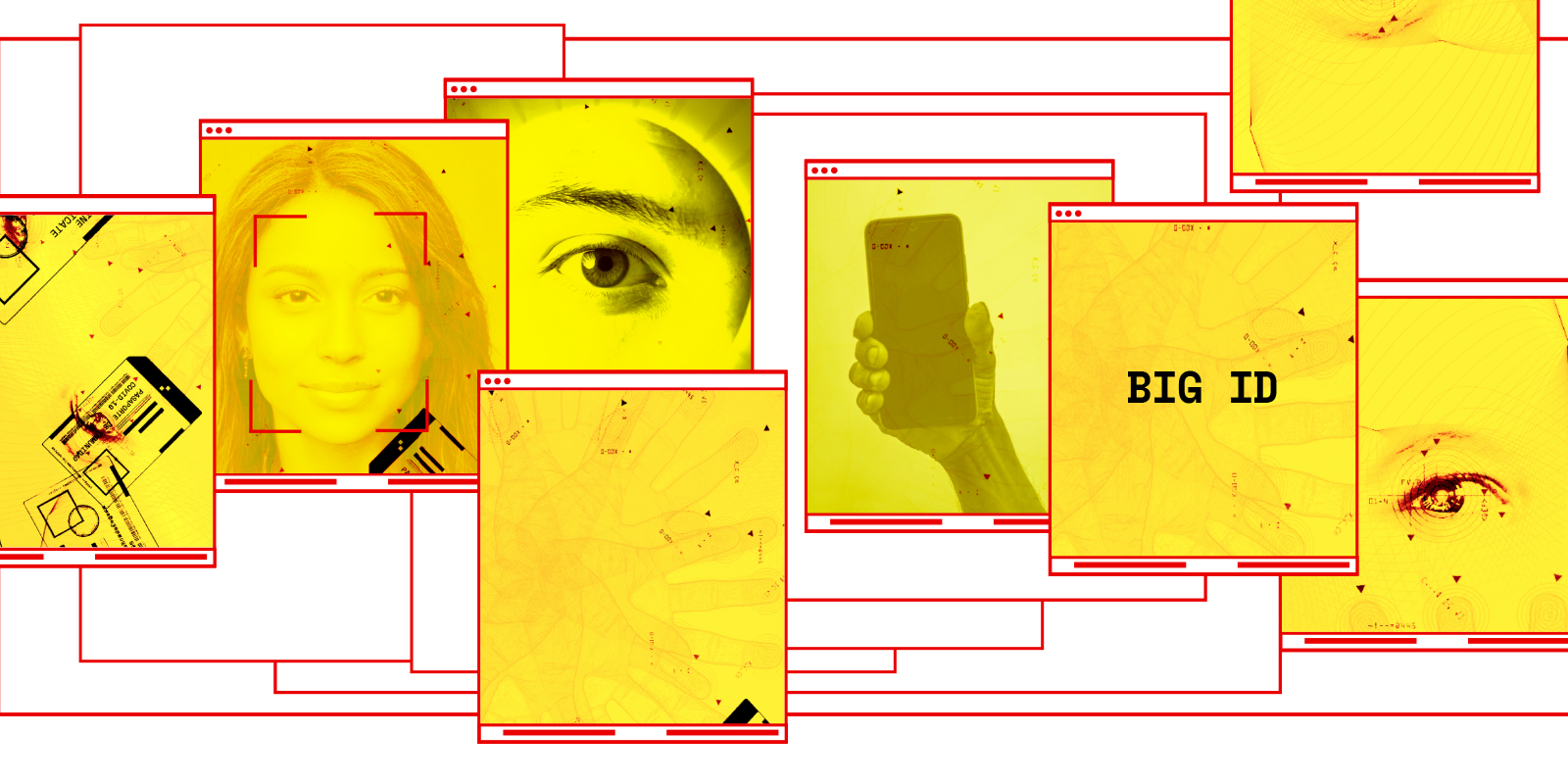With two of the world’s most influential power brokers meeting this week, what they failed to put on the agenda speaks volumes. Every year the World Bank and International Monetary Fund holds an annual summit to discuss the challenges and choices that determine whether we will have a sustainable and inclusive world. This year, they chose not to discuss digital identity programs, even though the World Bank itself funds and promotes these “Big ID” systems — including the systems the Taliban reportedly seized in Afghanistan.
Instead of ignoring the urgent human rights concerns these systems raise, these international agencies should be doing everything in their power to prevent further rights abuse, marginalization, and exclusion.
Consider what’s happening in Afghanistan today. The World Bank offered technical advice and promoted Afghanistan’s biometric digital identity program as part of its efforts to help women. But without sufficient human rights protections built in from the outset, a digital ID and its associated databases can be turned against the holder. Now, with the Taliban in charge, the very systems that were supposed to help women could make them more vulnerable. Those especially at risk: women human rights defenders, gender justice activists, and journalists.
The problem extends far beyond Afghanistan. As we detail in our latest report, countries around the world are rolling out digital identity systems and infrastructure modelled after India’s deeply flawed Aadhaar program, in many cases failing to heed its painful lessons. COVID-19 is accelerating the adoption of digital technology around the world, and this includes national and centralized digital identity programs that store vast amounts of data and offer biometric authentication as a touchless solution. The World Bank is already working in 41 countries on expanding digital identity, conducting country assessments, providing technical advice, and funneling the funding necessary for their development and implementation. It’s in the right position to do the right thing: work directly with civil society within these countries to ensure that if a program is implemented, it will truly work to their benefit.
As it stands, governments are making digital identity systems central to our lives, including making them requirements for access to vital government services and assistance, without the necessary input from civil society. At a pre-summit panel discussion, Digital ID for Inclusive Development? Emerging evidence on social exclusion and its broader implications, the panelists presented cases demonstrating patterns of exclusion in India, Uganda, and Kenya. They showed how digital identity programs are creating barriers to access to legal identity and public services for many people, while exacerbating inequalities and perpetuating systemic discrimination. But this was the only digital identity-focused panel associated with the 2021 World Bank and IMF meeting.
The World Bank has the power to influence governments that are rushing ahead with flawed programs. Yet once again, people already marginalized have been further marginalized. Their voices must be heard.
The time has come for international funding agencies to recognize the inherent risks and harms of digital ID systems that are being deployed in countries with varying levels of technological, economic, infrastructural, and governance-related development, and take immediate steps to prevent future harm. The World Bank must ensure that investments do not exclude people or put them at higher risk. It can start by opening the floor to civil society and fostering inclusive, multi-stakeholder dialogue that centers the voices of those directly impacted by digital ID programs — and not just at the annual summit.
In its country assessments, the World Bank should take a rigorous approach to digital identity programs, investigating whether there is truly a need for these systems in a particular context. Any such system must be designed to protect the user, keep data secure, and address the inherent risks to human rights. This entails engaging more and directly with civil society to understand the realities and needs of people who must participate in these often-compulsory programs. Our realities are diverse, and the solutions should be too.
The speed and apparent nonchalance with which these large-scale systems are being implemented shows that we haven’t got a second to lose. Our message to the World Bank: prioritize civil society discussions on digital and biometric ID systems now or risk building a future that undermines human rights and your agency’s vision of a more inclusive world.
